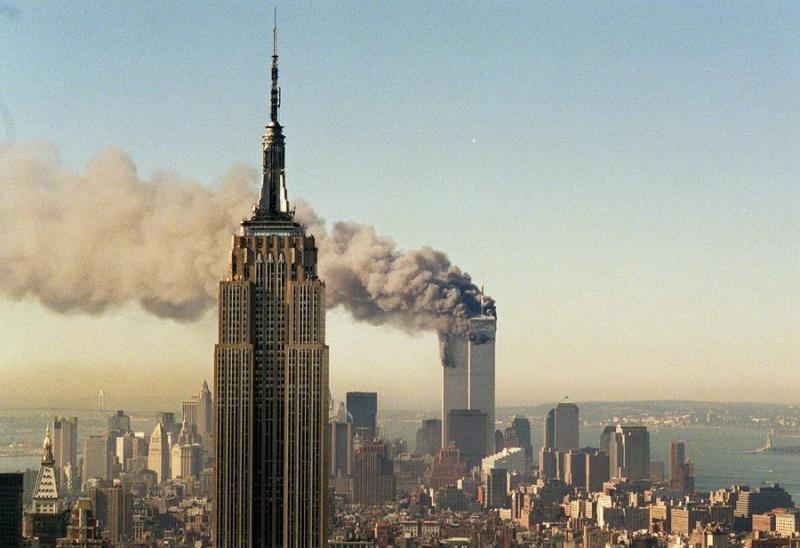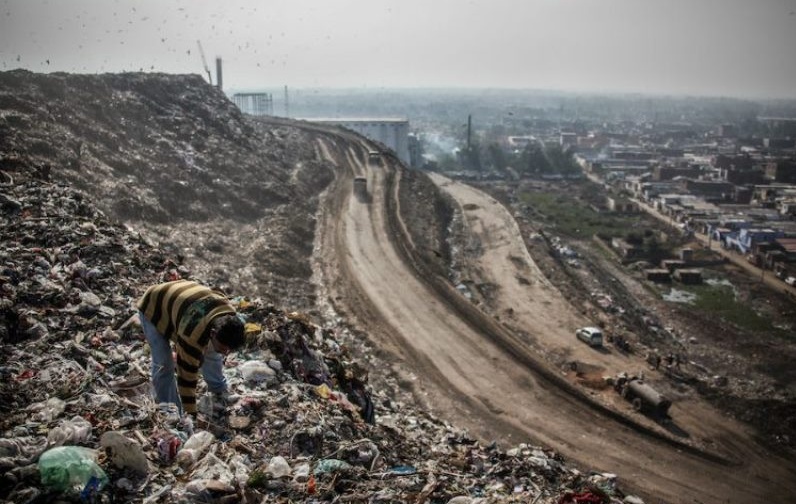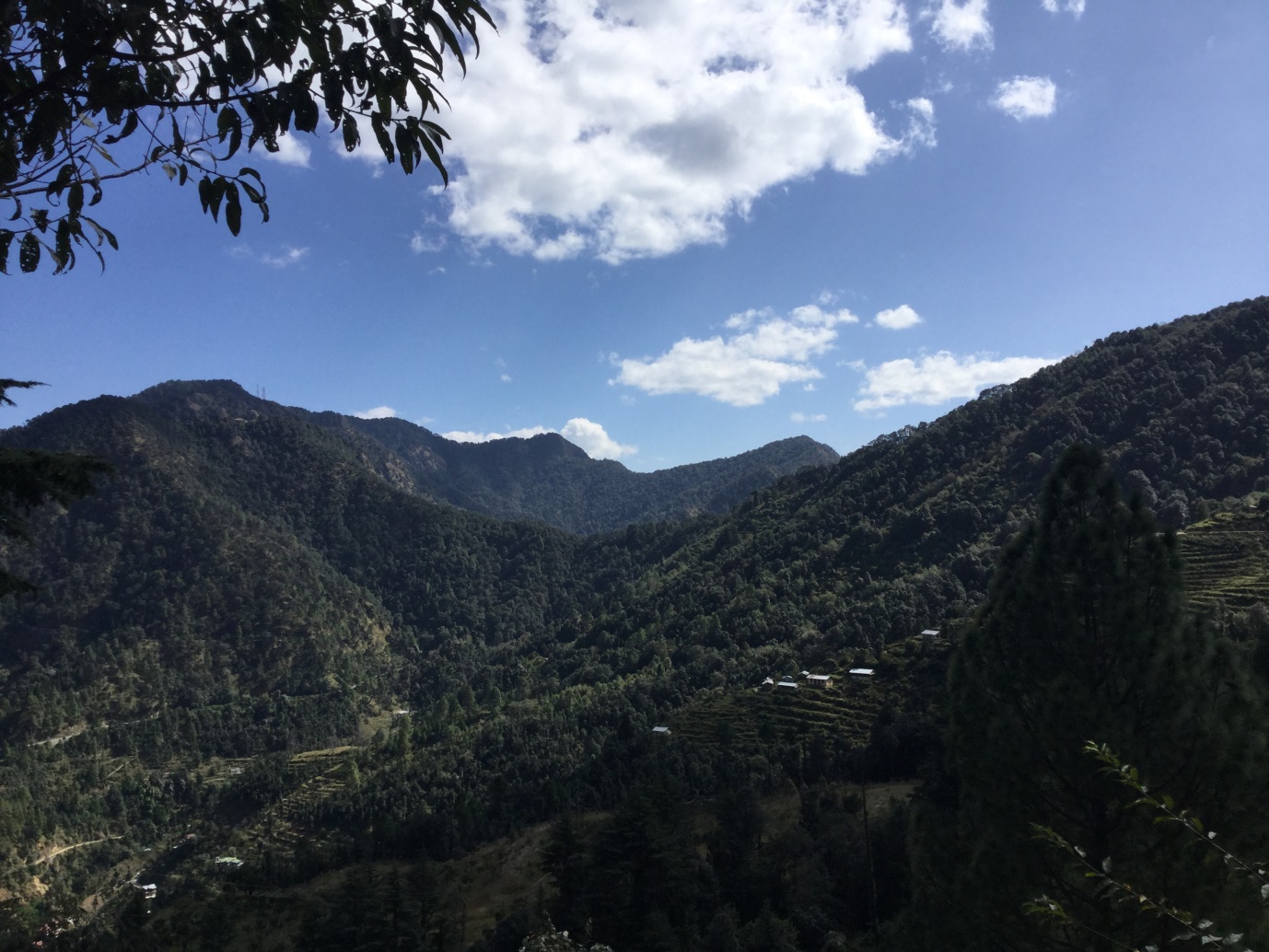WORLD ENVIRONMENT DAY SPECIAL
In this thought provoking article, Professor Avijit Pathak has referred to sociologist Ulrich Beck’s path breaking text Risk Society, and reminded us of the need for a new mode of living and thinking for saving our earth.
Avijit Pathak is a Professor of Sociology at JNU, New Delhi.
Yes, newspaper supplements and television channels are reminding us of the significance of the World Environment Day. However, the question is: Are we willing to listen, and alter our lifestyles to nurture a culture conducive to a symmetrical and organic relationship between the human species and the larger eco system? Or is it that we remain contented with mere ritualism—a set of symbolic gestures, speeches and plantation of trees by school children? The fact is that you and I have to activate ourselves, play our roles, and rethink our modes of living and consumption. You and I have to realize that we, because of our urge to conquer nature, have created a ‘risk society’; and our hyper-modernity has led to what we experience today—global warming, depletion of ozone layer, deforestation, emission from nuclear reactors and serious health hazards. Is it possible for us to educate ourselves in a new way, and rethink the practice of science, technology and the gospel of unlimited economic progress? It is in this context that in this article I wish to engage with sociologist Ulrich beck’s path breaking book Risk Society (1992).
Global Risks
To begin with, let me identify four essential arguments that Beck made to characterize the nature of ‘risk society’. First, these risks are techno-scientifically produced risks. Well, in the earlier period, the ‘risk’ had a note of bravery and adventure—say, the ‘risk’ Columbus undertook to discover new countries and continents.

However, today, as Beck reminds us, we see an altogether different sort of risk causing the threat of self-destruction of all life on earth. ‘By risks’, says Beck, ‘I mean above all radioactivity which completely evades human perceptive abilities, but also toxins and pollutants in the air, the water and foodstuffs, together with the accompanying short and long term effects on plants, animals and people. They induce systematic and often irreversible harm, and generally remain invisible.’ Ironically, the success of modernity is its ultimate tragedy. These risks, we should not forget, have been produced by modernity—its reckless manipulation of nature and doctrine of techno-economic progress for alleviating poverty. However, we seem to have crossed the limit; we experience the ‘darker’ side of modernity; here is a shift from, to use Beck’s prophetic words, ‘wealth distribution to risk distribution’.
Second, these risks, it has to be understood, are global. In view of the universality and supra-nationality of the circulation of pollutants, ‘the life of a blade of grass in the Bavarian Forest’, as Beck says, ‘ultimately comes to depend on the making and keeping of international agreements’. Yes, these days we find ourselves in a world risk society. It would not be wrong to say that risks possess an inherent tendency towards globalization. I feel tempted to borrow an example from Beck. As he says, heavily wooded countries like Norway and Sweden, which hardly have any pollutant-intensive industries of their own, are also affected; they have to settle up the pollution accounts of other highly industrialized countries with dying trees, plants and animal species.
Third, Beck reflects on ‘risk positions’ and ‘class positions’. It is true that the privileged classes are better equipped to do something to avoid the dangers of environmental pollution. Think of India. After destroying Delhi and Mumbai, the rich can take shelter in the cottages they have built in the Himalayan villages to free themselves from air/noise pollution; or they can afford to consume ‘organic food’, and use ‘air purifiers’ in their apartments. Yet, Beck makes a powerful argument: ‘risks display a social boomerang effect in their diffusion’. In a way, risks display an ‘equalizing effect’; risk societies are not exactly class societies. You may not live in a slum. But even in a city like Delhi when you go for a morning walk in the artificially green park of your gated community, the sky above remains no less polluted. You cannot cover the sky. And dengue mosquitos can enter even the luxurious apartments of Gurugram! Beck is right in saying that ‘the earth has become an ejector seat that no longer recognizes any distinction between rich and poor, black and white, north and south, or east and west.’
And finally, Beck speaks of the emergent concerns. True, early modernity promised us to fulfill our basic material needs and give us security. For these basic needs and economic security, we didn’t mind ‘hazardous side effects’ of modern industrialization, even though there were dissenters who were repeatedly reminding us of the limits to modernity. However, in our times the threats are real—no longer the dystopias of ‘non-modern’ fanatics. You need not be a William Blake or a Mahatma Gandhi to feel it. Your school-going child is suffering from lung infection; your wife has been diagnosed with peptic ulcer. You begin to realize that it is not just an unequal society; it is also an ‘unsafe’ society. In a way, it is a shift: from ‘I am hungry’ to ‘I am afraid’.’ Beck expresses it beautifully. The dream of a class society is that everyone wants to have a share in the pie, whereas ‘the utopia of a risk society is that everyone should be spared from poisoning.’
Reflexive Modernization
The crisis is severe. Is there a way out? Or are we doomed forever? At times, it is difficult to escape pessimism. Take simple illustrations from the phenomenology of everyday life.

As the inhabitants of Delhi, we know and experience what it means to live in a polluted city. Yet, as part of the consumptionist middle class, many of us refuse to reduce the degree of indulgence with ever changing models of private cars and fancy vehicles. As we love to consume more and more electricity through the obsessive use of air conditioners, electronic appliances, gorgeous light and constantly moving elevators in 24*7 malls and air ports, we destroy rivers (because rivers, as the instrumental rationality dictates, are mere resources for hydro-electricity), exhaust natural resources like coal, and welcome the ‘inevitability’ of nuclear reactors. We refuse to take a simple step—buying a jute bag for taking fruits and vegetable from the market, and saying goodbye to plastic bags. Without working on ourselves, we keep expecting the impossible—the Government will do it; if not Mr. Kejriwal, Mr. Modi will certainly do something about it; or someday another new technology will arrive, and save the earth. Meanwhile, you and I can keep destroying the earth through our consumption practices filled with greed and desire!
Beck speaks of reflexivity—some sort of ‘reflexive modernization’. This is interesting. Yes, for quite some time the dominant pattern of modernity—nurtured by Baconian science, Cartesian rationality and narcissistic pride in unlimited progress—retained the principle of ‘certainty’. The road to secular emancipation, we thought, lies in modernity. But then, as we find ourselves in a ‘risk society’ we can no longer retain this self-perception of modernity. Modernity has to look at itself, realize the implications of the dangers implicit in its own project of instrumental science and constant technological manipulation of nature. That is why, for Beck, ‘reflexive scientization’ is important. This means that science has to be concerned with ‘the definition and distribution of errors and risks which are produced by itself.’ What is needed is the ‘demonopolization of science’.
There is no ornamental answer to the environmental crisis. You and I have to activate ourselves; we have to think differently, and live differently. Ulrich Beck reminds us of the challenges confronting us. Are we really serious about it?














